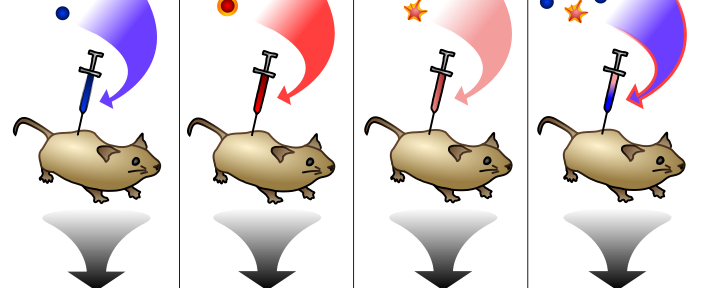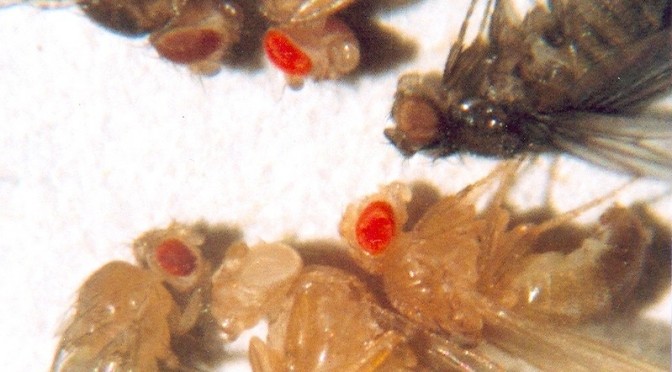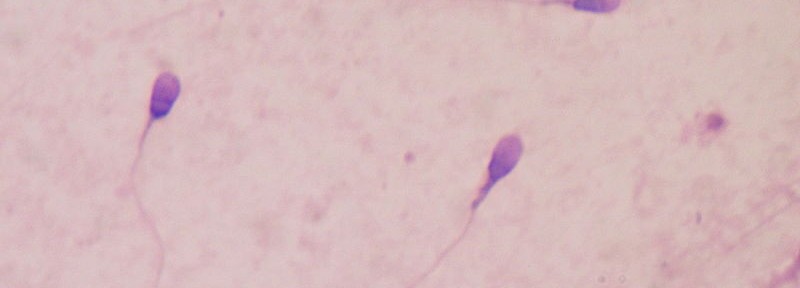When we last left off, we were feeling a little bummed. Gregor Mendel never received the recognition he deserved for discovering the basic laws of heredity, at least not while he was alive. August Weismann was struggling against criticisms of his theory, which said that inheritance passed from parent to child solely through gametic cells in a process known as fertilization that was essentially meiosis in reverse. And it was clear that had Weismann (or anyone else, for that matter) just known about Mendel’s work, the burgeoning field of genetics would be poised to take a giant leap forward. Why’s that? Because Weismann and others had observed that, during fertilization, chromosomes come together from both parents in a way that was very similar to Mendel’s theoretical explanation of how heredity in pea plants worked. Mendel lacked the intimate knowledge of chromosomes that Weismann had, but Weismann lacked the knowledge of heredity that Mendel had. Once the two pieces of the puzzle were put together, it would be clear: the inheritance of genetic traits from one generation to the next is determined solely by the chromosomes that interact when a sperm and an egg unite.





